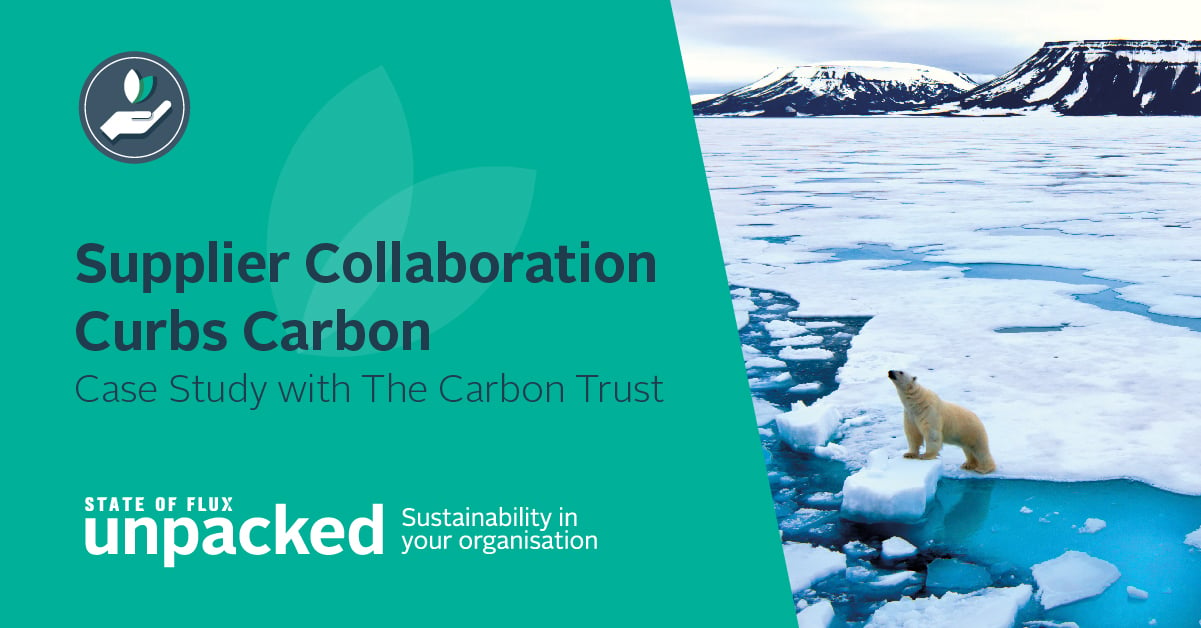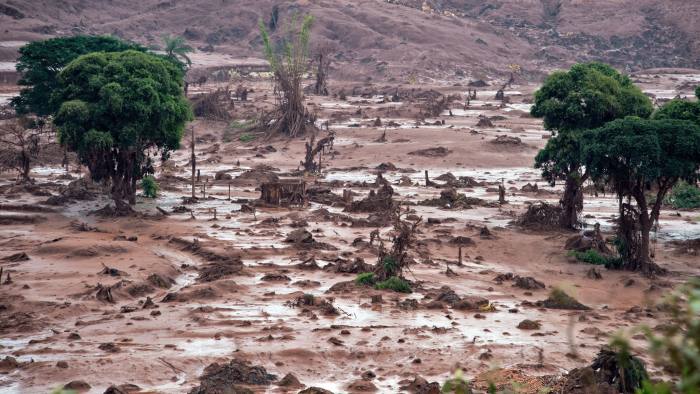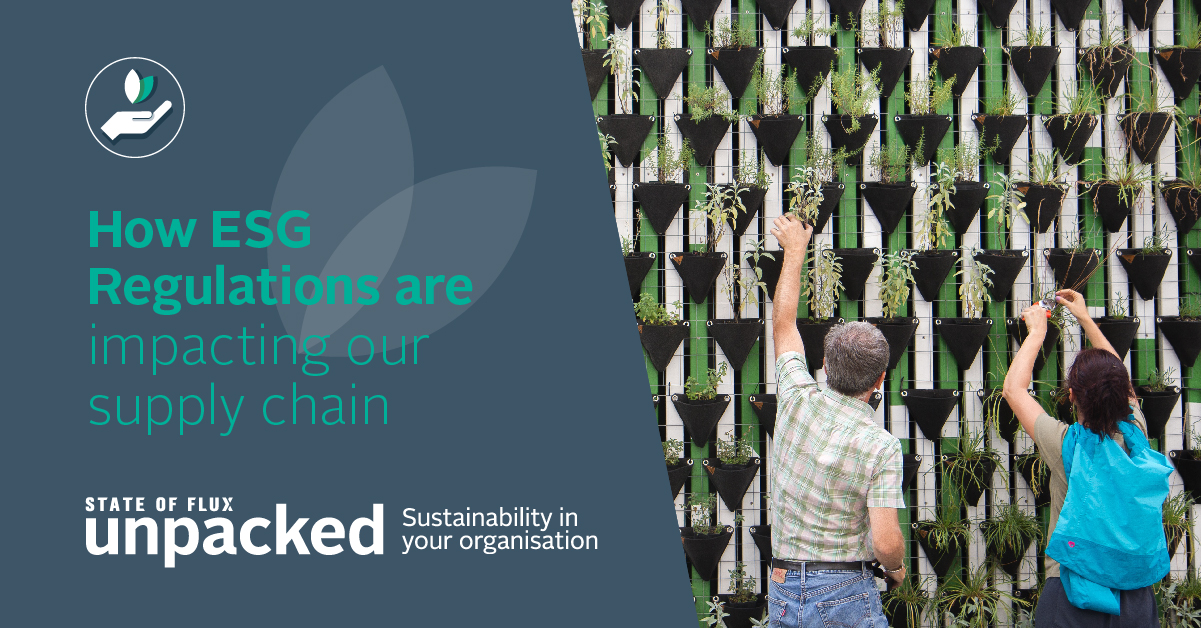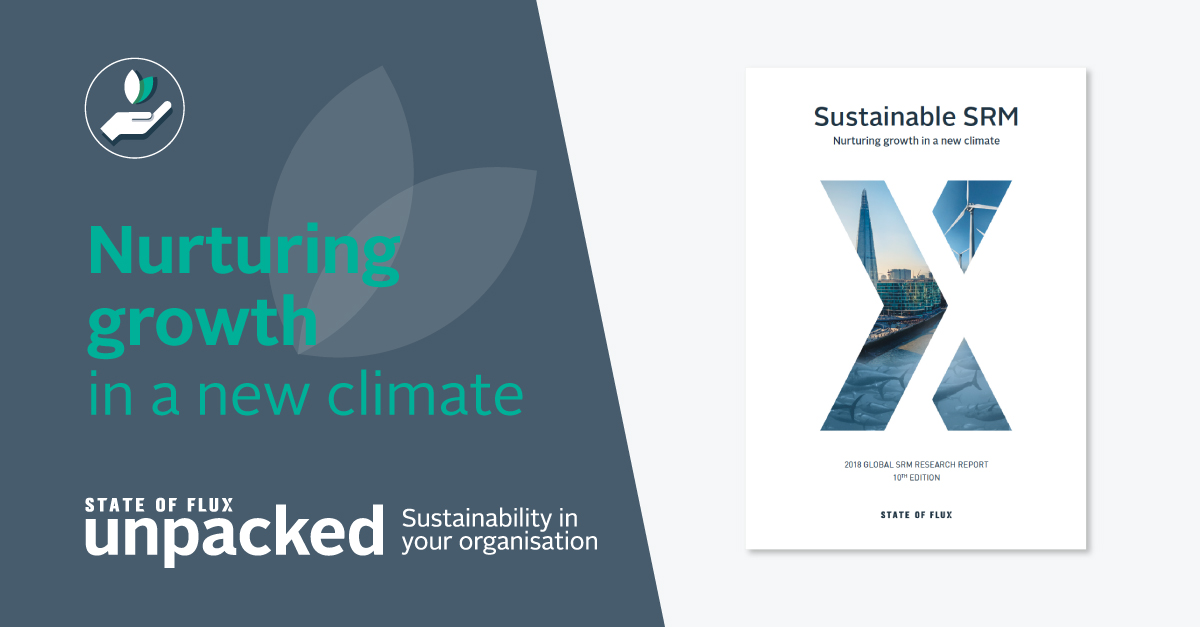ECOCIDE: CRIMINALISING THE DESTRUCTION OF THE ENVIRONMENT
Criminalising the destruction of the environment: the movement that attempts to put Ecocide on the same list as genocide and war crimes
As the world attempts to fight the ever increasing environmental disasters that are part of our climate crisis, some believe part of the solution lies in criminalising ecocide – not only in individual countries but before the International Criminal Court. Public debate on the best way to do it is still ongoing, but there is growing consensus that inaction is simply not an option.
On November 2015 a disaster happened near Mariana, Minas Gerais, Brazil. A failure in the Fundao dam resulted in two villages (Bento Rodrigues and Paracatu de Baixo) being devastated, local communities destroyed, 19 people dying and 668 kilometres of watercourses, from the Rio Doce Basin to the Atlantic Ocean, damaged by more than 43 million cubic metres of mine tailings.
On January 2019 another dam disaster happened, this time near Brumadinho, also in Minas Gerais, Brazil: the Corrego do Feijao dam contained more than 12 million cubic metres of mine tailings, which were released in a mudflow that killed 270 people, and left 11 missing (to this day their remains haven’t been found). The environmental impact is also immense, with specialists estimating that the metals will be incorporated into the river’s soil and affect the whole ecosystem indefinitely.
Public reaction to the Brumadinho dam disaster, especially such a short time after the Fundao dam collapsed, was only intensified by the knowledge that Vale, the company responsible for the Corrego do Feijao dam, was also one of the two owners of Samarco, the company responsible for the Fundao dam (the other being Anglo-Australian mining company BHP Group, then BHP Billiton). Public opinion was overwhelmingly of the sense that something could have been instigated following the first collapse to prevent the second.
The collective outrage was a motivator to some Brazilian legislators’ move to criminalise ecocide. Ecocide is defined by the Oxford English Dictionary as “destruction of the natural environment by deliberate or negligent human action”; the Stop Ecocide movement defines it as the “mass damage and destruction of ecosystems – harm to nature which is widespread, severe or systematic”. The legislative projects are still under discussion, with one of the important debates being about the definition of ecocide and the extent of human action or omission needed for its characterisation. If such a project were to be approved it wouldn’t be retroactively applicable, but would likely set the tone for future environmental practices.
Whatever the legal definition of ecocide, it would go beyond dam collapses and encompass the ever more frequent disasters that destroy the environment to such a level. And it’s not just Brazil. As general awareness of the climate crisis increases, more countries are considering editing their laws to address contributing events. A draft bill criminalising ecocide is being considered by French law makers - the creation of such an offence was approved by the French National Assembly in April 2021, which may add France to the list of countries that already criminalise ecocide (Russia, Kazakhstan, Kyrgyz Republic, Tajikistan, Georgia, Belarus, Ukraine, Moldova, and Armenia).
“As general awareness of the climate crisis increases, more countries are considering editing their laws to address contributing events.”

Nurturing growth in a new climate
Increasing pressures to become more sustainable are ever-growing, but how can this be used for growth and value?
In the meantime, some environmentalists and campaigners believe that the solution to the lack of local legislation criminalising ecocide would lie in doing it internationally, by adding it to the list of crimes under the International Criminal Court’s jurisdiction. The Stop Ecocide movement has a team of international lawyers currently working on a legal definition that could be used by the court. They understand that the current environmental laws are insufficient and mostly in the civil arena, and that including ecocide in a list alongside genocide, crimes against humanity, war crimes and acts of aggression would set a new moral baseline for companies and individuals alike.
International support for the Stop Ecocide movement has been growing over the past few years. In 2019, Vanuatu, a Pacific island country particularly threatened by the rise in ocean waters as a result of global warming, made a statement in the ICC’s annual Assembly of the State Parties that the inclusion of ecocide on the list under the ICC’s jurisdiction should be seriously considered. On the same year Pope Francis declared his support by declaring the destruction of the ecology to be sinful and suggesting Ecocide should be recognised by the international community as the 5th category of crimes against peace. Other supporters listed on the movement’s webpage span a diverse group, including lawyers, politicians, celebrities and activists.
“Including ecocide in a list alongside genocide, crimes against humanity, war crimes and acts of aggression would set a new moral baseline for companies and individuals alike”
That is not to say there is no criticism geared towards the movement. Such criticism is certainly not uniform and vary from economic arguments to philosophical ones. Some argue that the economies of nations enforcing the law would suffer from companies choosing to operate elsewhere; others say that criminalising ecocide would change the law but what the world really needs is a complete change in mind-set about how humans interact with the environment.
Then there are practical concerns about the effectiveness of ecocide being a crime under the ICC: there is the argument that ecocide is already a under the scope of the ICC under the War Crimes section and that it wouldn’t be feasible to prosecute such crimes if committed in times of peace. This also relates to the existing considerations over the legitimacy and authority of the ICC, which is not as powerful as it would need to be to make the project a viable route to combat ecocide. History shows that ICC rulings normally take decades from the start of an investigation, which could undermine the expectation of accountability. Another obstacle due to the ICC’s functioning is the fact that the court’s structure is built around intent, and intent is not currently a part of the definition of ecocide – if it was, the difficulty in proving intent to destruct the environment to that level might make the criminalisation of ecocide virtually empty of results.
“Intent is not currently a part of the definition of ecocide – if it was, the difficulty in proving intent to destruct the environment to that level might make the criminalisation of ecocide virtually empty of results”
Although these arguments are valid and worth considering in the discussions around the theme, the fact remains that concerns about environmental welfare are increasingly at the centre of international debate, and that measures to combat ecocide are increasingly likely to be taken. However, the form this will take and how it will be implemented is still uncertain.
It’s worth remembering that legislative change is not a prerequisite for change. The risk in changing legislation is only one of the factors companies need to be aware of when planning their operations around the world. Even if laws don’t change, environmental and social risks should be at the forefront of corporations’ priorities – and not only due to the associated reputational risk. It is essential that companies become increasingly aware of their supply chains and include their entire supply chain (including but not limited to fourth parties) in regular risk assessments, have sufficient risk and performance monitoring in place and have the ability to create appropriate action and remediation plans to manage and mitigate risk.
As the repeated disasters in Brazil show, inaction can lead to history repeating itself – at a huge and irreparable cost to the planet.
The State of Flux team of industry experts combine a hands-on approach with leading-edge research to build the most robust Supplier Management strategies for our customers. Delivering more value from supplier relationships, increasing transparency in the supply chain and managing risks.
References:

AUTHOR - Patricia Macdermot (Consultant)
Patricia is a Consultant at State of Flux with a legal background. During the two years she has been at State of Flux she has been involved in a number of procurement and supply chain focussed projects, including cost transformation and supplier management initiatives across several different industries. Before relocating to the UK she worked in legal roles for four years during university and practiced as a qualified lawyer in Brazil for a year after obtaining her law degree at Universidade de São Paulo in 2018.
DON'T STOP THERE...WE HAVE MORE CONTENT FOR YOU
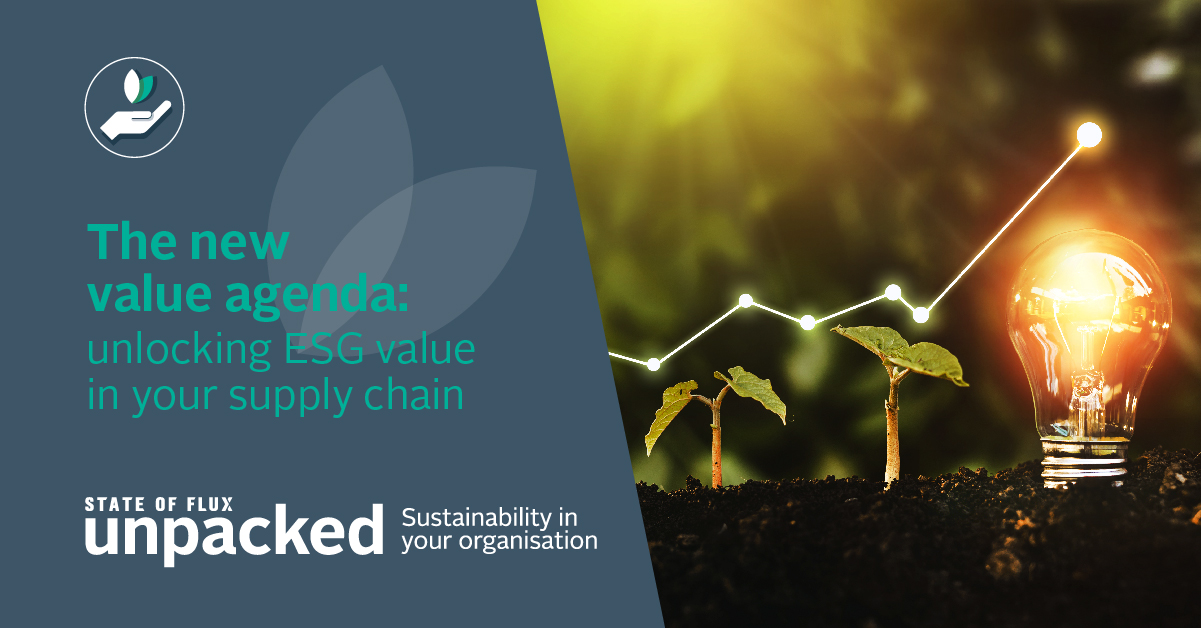
Unlocking ESG Value
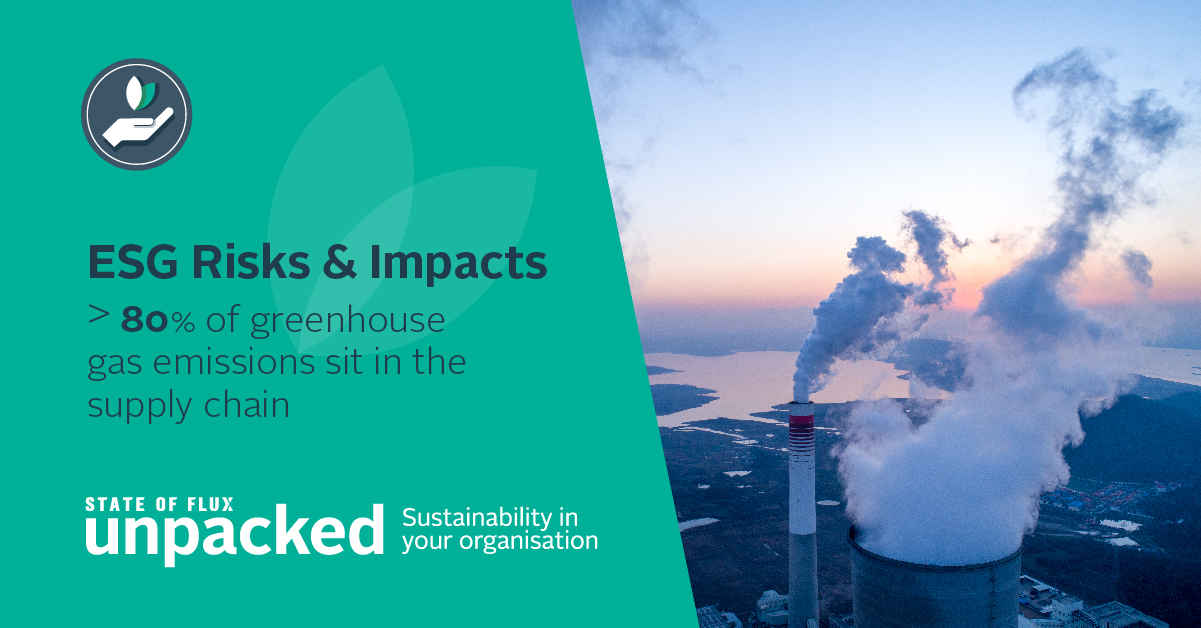
ESG Risks & Impacts
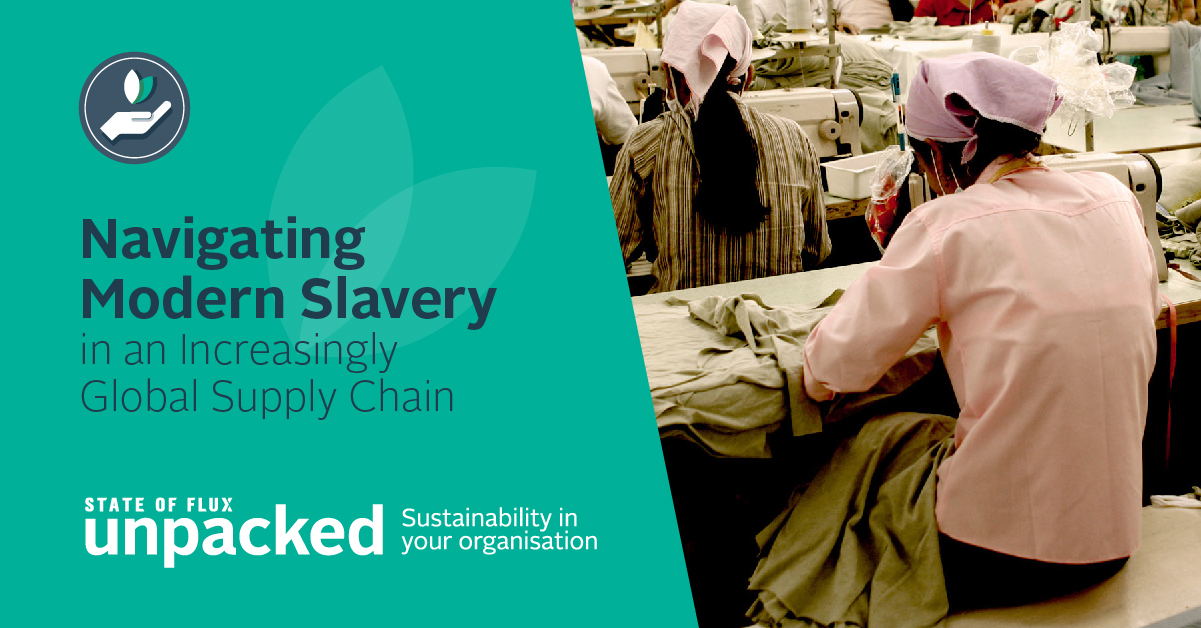
Navigating Modern Slavery in the supply chain
